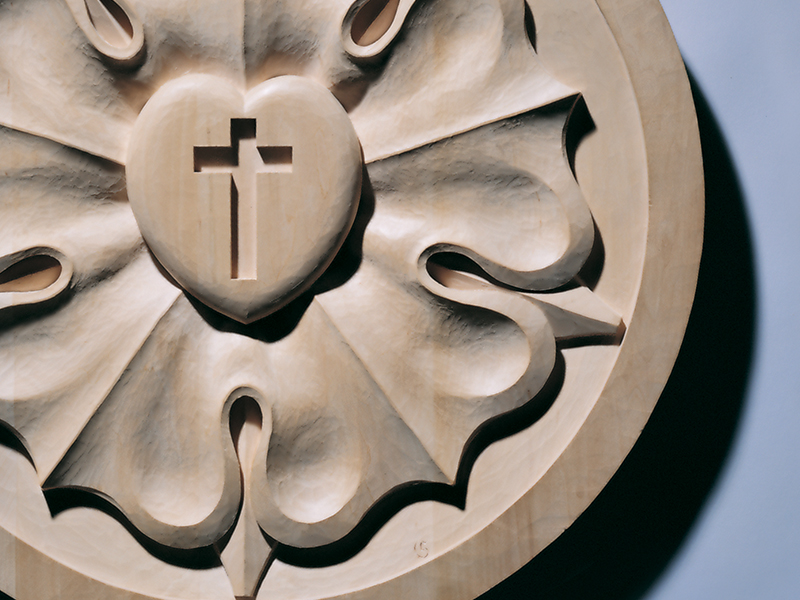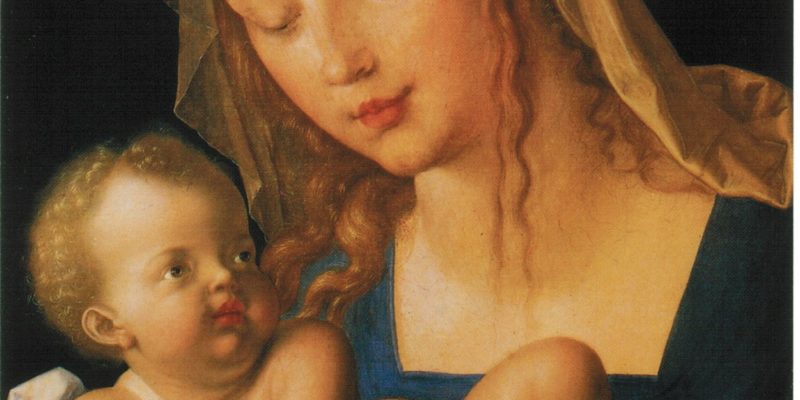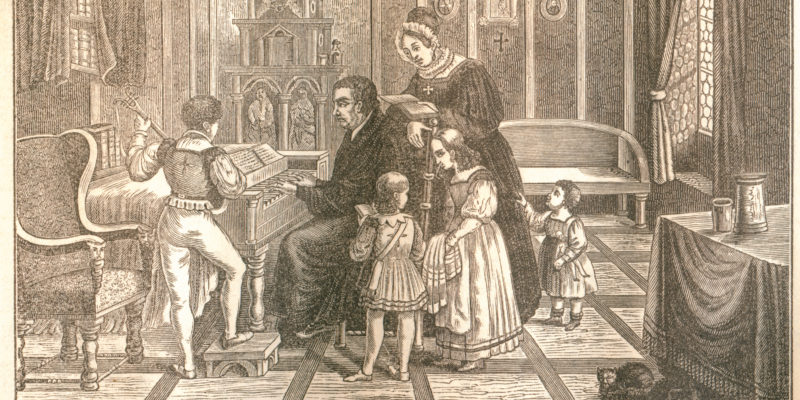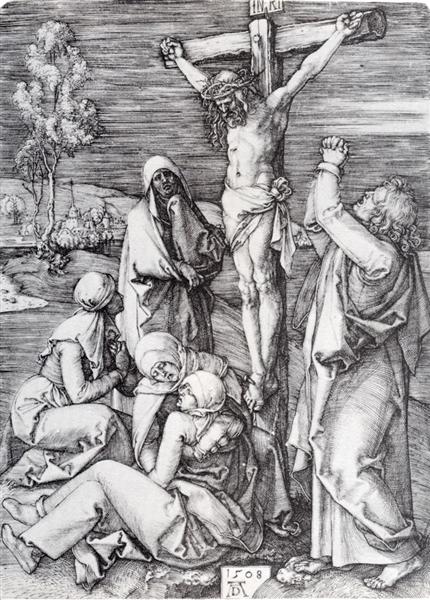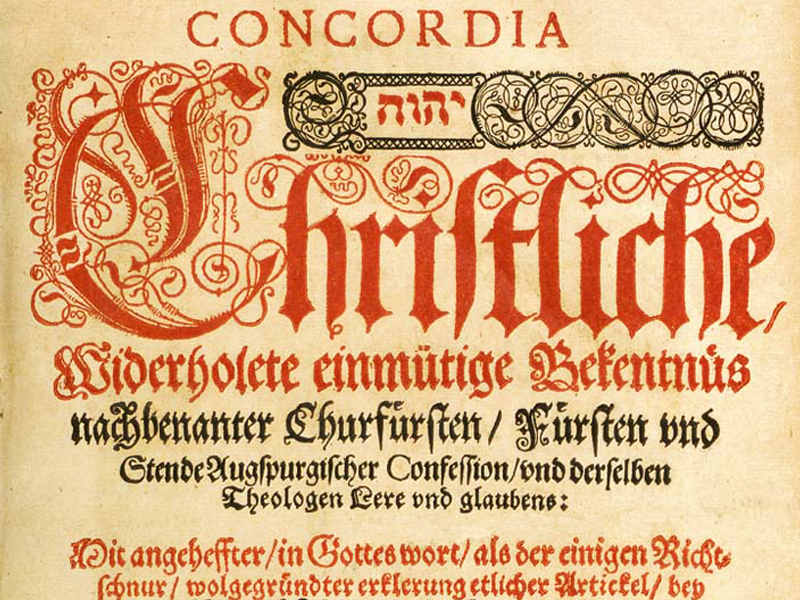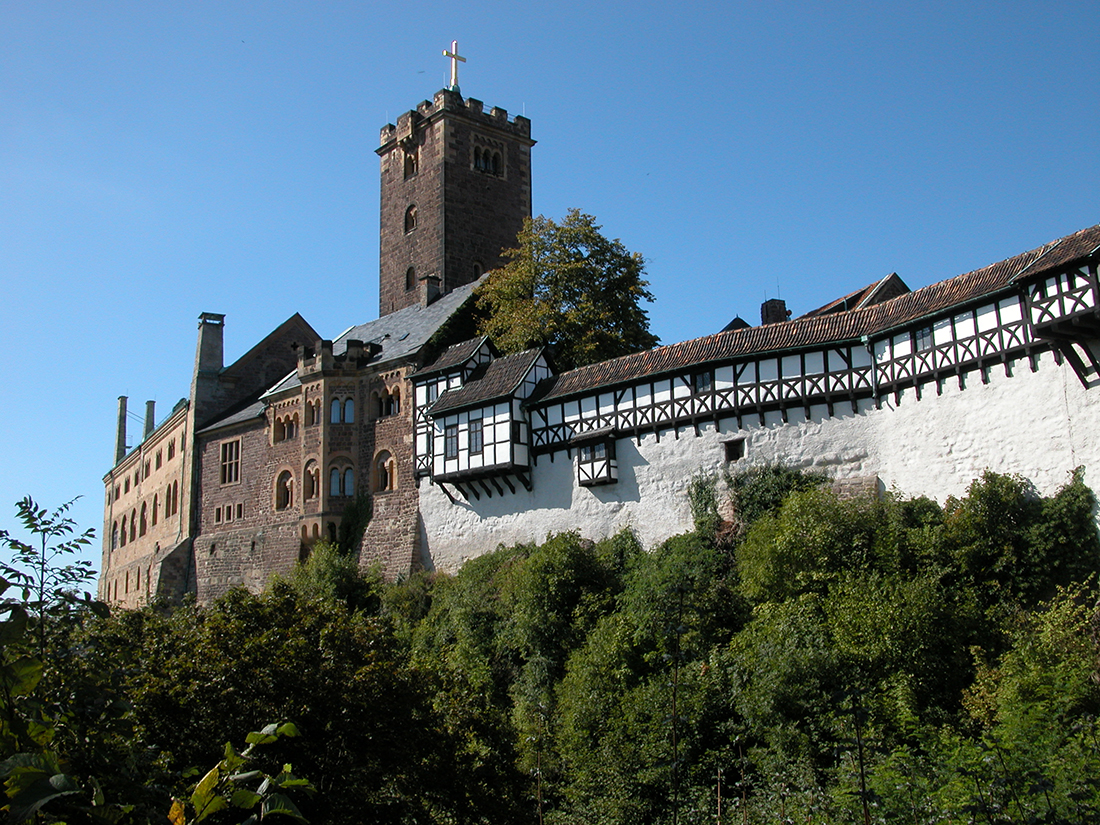This is the first part of any anniversary celebration: looking back. But because we believe that the one holy Church will continue forever, we would be remiss if we didn’t also take the opportunity at the end of this anniversary year to look forward. The best way to look forward at a moment like this is with a spirit of thankfulness.
